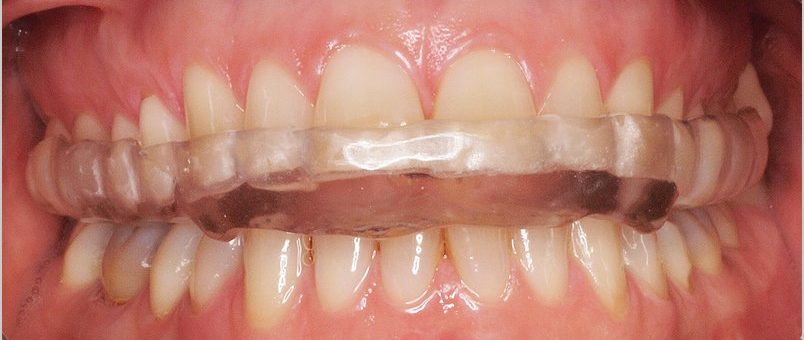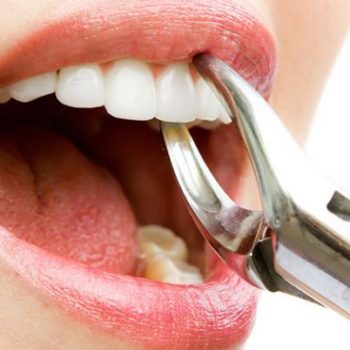
BRUXISM: (GRINDING OF TEETH DURING SLEEP) SLEEPING DISORDERS TREATED BY DENTISTS
- On March 30, 2017
Imagine that you call to schedule an appointment because you have lost a piece of tooth and you think you need a dental filling. Once you have arrived and after checking your mouth, I tell you:
My dear friend:
- You probably suffer from sleeping disorders.
- Surely, those headaches you have been mentioning and that you have had for several years, might be a consequence of this disorder.
- The evidence is that there is an acute dental erosion observed in the molars, maybe as a consequence of clenching and grinding of the teeth, a habit that you unconsciously perform while sleeping.
Usually, when I diagnose cases of bruxism, patients look at me as if I were crazy, but that’s not the case. The unintentional act of teeth clenching without a functional purpose (i.e. not for chewing) affects between 15% and 20% of the population and it is known as bruxism. People with bruxism also experience headaches, pain in the masticatory, neck, teeth and ears.
Why does bruxism occur?
At the moment we still do not know exactly why this disorder occurs, although we know that it has multiple triggers. Most of these factors are associated with stress and sleep disturbances (parasomnia) and, although these factors are not clear enough, they are sufficient to ensure that teeth clenching is a set of signs and symptoms, which form a pathological entity.
However, there tends to be a common or similar wear pattern among the members of the same family, something that leads to think that bruxism has a strong genetic component.
What happens when clenching your teeth on a regular basis?
Every time you clench or grind your teeth, you are activating the chewing muscles, which leads to any of these three situations:
- Muscle hypertrophy: it involves an increase in size of skeletal muscle through an increase in the size of its component cells. This causes tooth wear and heightens as time goes on.
- Muscle injuries, leading to contractures in shoulders, neck or facial muscles, which causes pain and discomfort.
- Temporomandibular joint deterioration, causing pain and producing sounds when opening and closing the mouth, dislocations and tinnitus (ringing in the ears).
Clenching your teeth when sleeping
If you clench and grind your teeth during the day, you suffer from daytime bruxism. But if clenching occurs whilst sleeping, you suffer from nocturnal bruxism. Due to this, there are several studies focused on sleep physiology, in order to discover more about this disorder. Bruxism is an imbalance between direct and indirect neural pathways of the basal ganglia, which are directly involved with movement and coordination – something that is altered in cases of bruxism.
Treatment of bruxism
Nowadays, there is no specific treatment to cure bruxism.Traditionally, it is normally used an occlusal splint, which is a plastic appliance that fits onto the teeth and is used to:
- 1. Prevent or slow down wear and abrasions on teeth.
- Place the jaw in a relaxed position, which allows muscle recovery and reduces hypertrophy, resulting in a decrease of clenching.
The origin of bruxism is usually hidden in the patient’s unconsciousness, who looks for help when clenching is ruining his/her oral health. Nevertheless, diagnosing and treating bruxism is pretty easy.
Note: prevention is better than cure. Consult us. LG Dental is your personal dentist!


